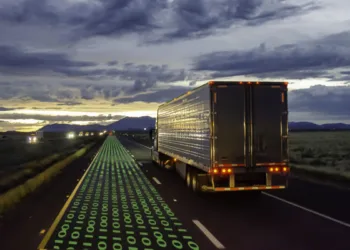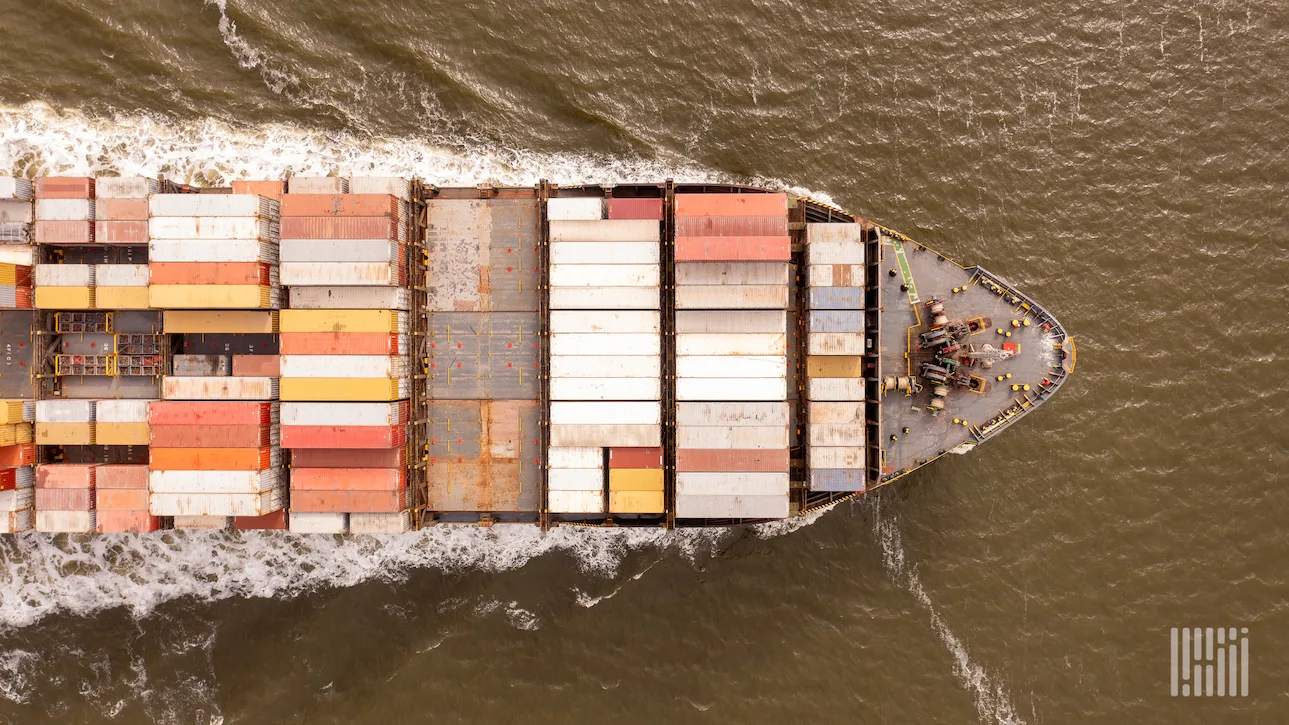Jonas Gustavsson may be a newcomer to shipping, but as the freshly appointed CEO of MacGregor he brings a seasoned industrial eye to a sector in flux. Having taken the helm earlier this year after a career in engineering and manufacturing, Gustavsson says he’s struck by the scale of opportunity that decarbonisation and digitalisation are now creating across maritime.
“Sustainability, digitalisation and autonomy-enabling technologies are important for our customers in driving value in their operations, and therefore I think we will see interesting development in these areas,” he tells Maritime CEO.
European private equity firm Triton splashed EUR480m ($506m) to buy cargo handling specialist MacGregor from Cargotec last year, ushering in a change in leadership with Gustavsson joining in March and becoming CEO at the start of August.. Before joining MacGregor, Gustavsson had some 30 years of experience from global industrial and engineering companies. From 2017 until early 2025, he was the CEO of the engineering company, AFRY. Prior to that, he had various senior roles in Sandvik, Rotax, Bombardier and ABB.
For Gustavsson, sustainability remains the defining challenge facing maritime. “We could see further developments in solutions such as an increase in the orders of dual-fuel ships using methanol and ammonia, more trials of carbon capture and different energy savings technologies, such as wind propulsion,” he says.
He points to cargo efficiency as an often-overlooked part of the decarbonisation puzzle. Reducing propulsion emissions is vital, but so is maximising the cargo a ship can safely carry, he argues.
Digitalisation, meanwhile, is becoming mainstream. “I think everyone agrees that AI is already impacting everyone’s life and it will have an impact on all industries as well as the maritime industry,” he says. At MacGregor, the company is continuously evaluating how AI technologies can enhance the value of its digital solutions. The firm is currently running a number of proof-of-concepts to identify where it can gain the most benefit. These range from automating and optimising customer support centres to enhancing R&D and improving internal administration.
“Although I am new in this industry, I can from a general view note that the shipping industry has started to increasingly apply AI in things such as route optimisation, predictive maintenance, ship and port operation automation, as well as improving supply chain visibility,” Gustavsson says.
As for what’s next, Gustavsson says to expect more electric, more automated, and more sustainable products in the coming year. The company is evolving its electric crane portfolio, while its new GravityVibe system will allow bulkers to handle more cargo types.


















